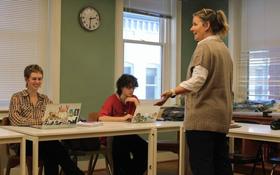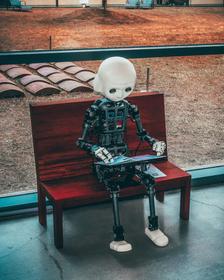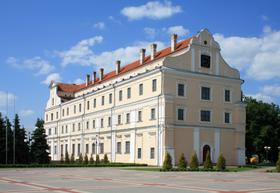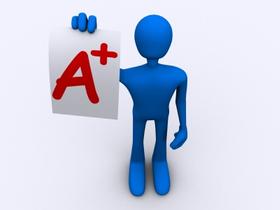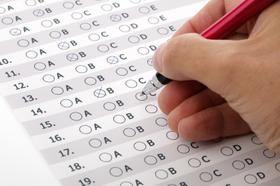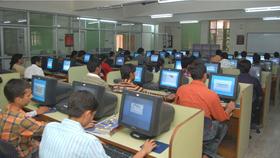As you research private schools, you will find yourself coming back to a handful of websites again and again. Why? Because they are informative, useful, and easy to use. Here are my picks for 'must have' websites when it comes to finding out about private K-12 schools.
The Association of Boarding Schools
http://www.boardingschools.com/
The Association of Boarding Schools site is dynamic and clean. I want to find information quickly with as few clicks as possible. The TABS site is one of those well-designed sites which allows you to do just that. You can drill down to member boarding schools, learn about recruiting fairs, financing, boarding school life, and just about anything to do with boarding schools. This site is a 'must have' for parents living outside the United States who are thinking about sending their children to American boarding schools.
Google Maps
maps.google.com
I included maps.google.com on this list of 'must have' websites because it allows me to zoom in and look at the street view. That is not important for schools and locations I know. But when I am researching a school in another state, Google Maps allows me to get the lay of the land quickly and efficiently. Also, because it is available as an app, I can plug the address in on my smartphone and get directions to the campuses of the schools which I am visiting.
SSAT
www.ssat.org/
Standardized admissions testing is an important component of your child's admissions profile.


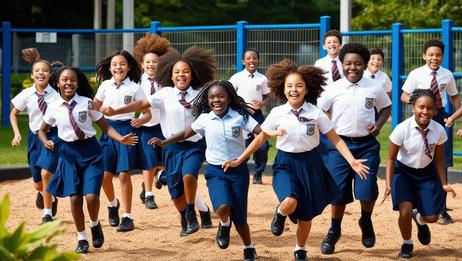
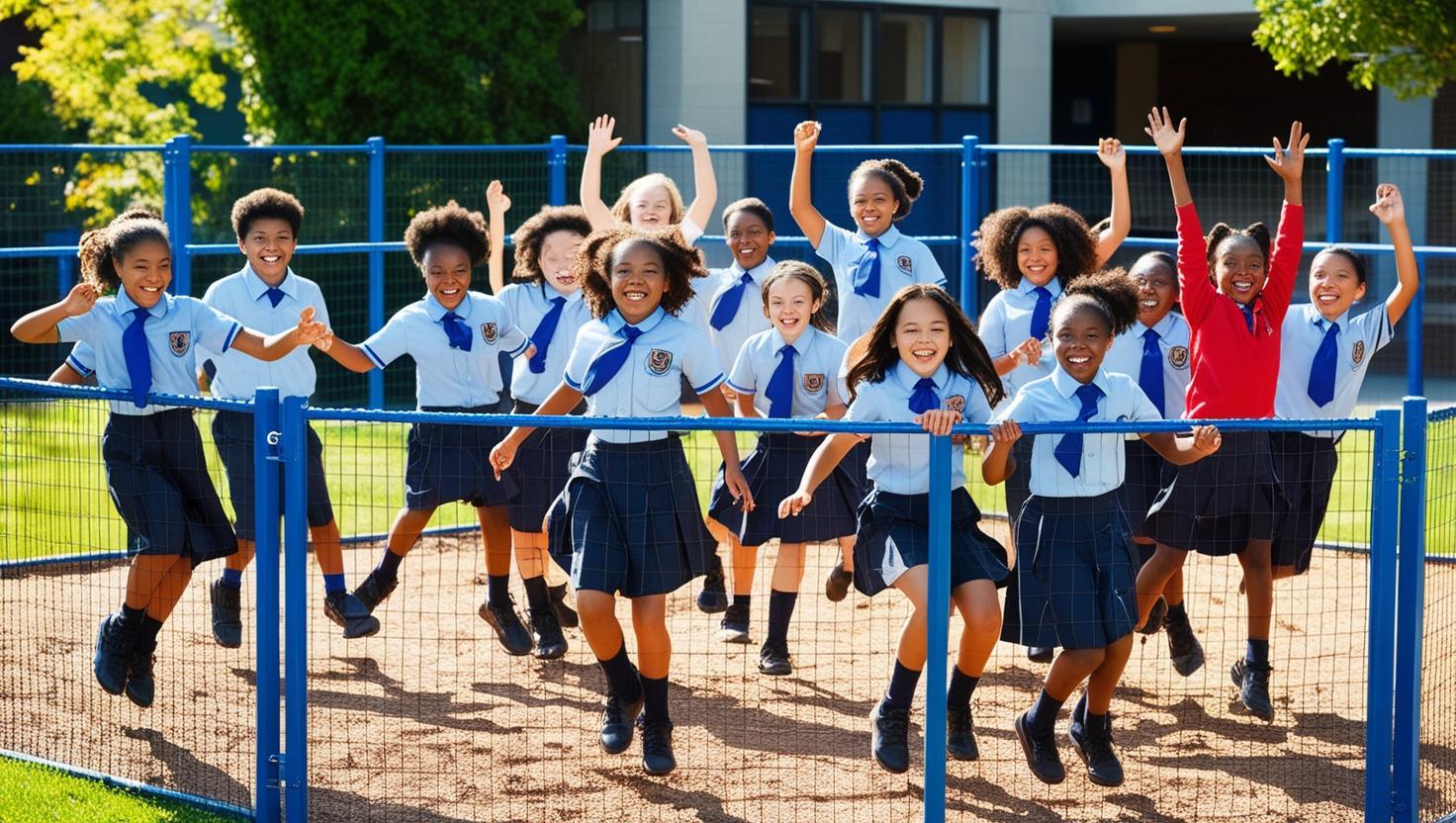 Reasons Why You Would Consider Foreign Language Schools
Reasons Why You Would Consider Foreign Language Schools





